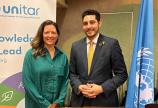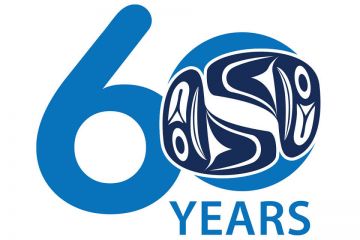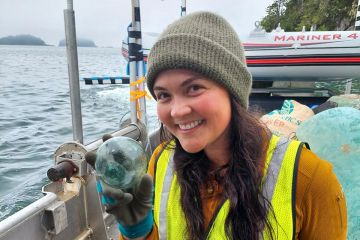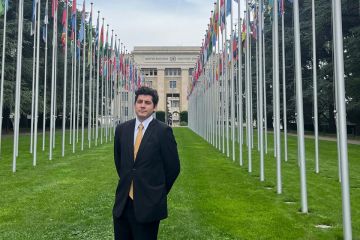Co-ops advance UN sustainability goals

UVic’s co-op program launched a new initiative that helps students directly link their work to the United Nations Sustainable Development Goals.
UVic co-operative education (co-op) students have always been changemakers—the work they tackle in their work terms are often focused on making positive change to the world around them.
A new program, developed in partnership with CIFAL Victoria—a training centre connected to the United Nations Institute for Training and Research (UNITAR)—provides students who do co-op terms outside Canada with the opportunity to receive UN accreditation for engaging in co-op work terms that advance the UN SDGs as part of their experiences. They must also lead a community-based activity that supports the SDGs in their host country.
Before their work term, students receive training about the UN SDGs as well as how to develop their cultural intelligence, then complete reports following their time abroad. Since the launch of the program, seven students have received certificates from CIFAL Victoria through this initiative.
Tokyo: food security
During her work term at APEX K.K. in Japan, Lauren McDiarmid (commerce) focused her community engagement activity on UN SDG 2, which aims to achieve zero hunger worldwide. She organized a food drive at her workplace to support a food bank in Tokyo. “This initiative not only provided tangible support but also ignited conversations around food insecurity,” McDiarmid says.
Brussels: decent work and economic growth
Jenna Inch (political science) used what she learned during her co-op term as a junior Canada-EU policy analyst at the Canada-EU Trade and Investment Association in Brussels to engage young professionals in a trivia mixer. Her “So… How Much Do You Really Know About the Canada-EU Relationship?” event opened discussions that highlighted several UN goals, including decent work and economic growth (SDG 8) and partnership for the goals (SDG 17).
Belgium: industry and gender equality
During her work term at the European Commission’s Sustainable Development Policy and Global Partnerships unit in Belgium, Angelina Schwarz (humanities) set up meetings and roundtable discussions with representatives from the European External Action Service and the Mission of Canada to the European Union. The goal was to facilitate EU-Canada discussions on the topics of gender equality (SDG 5), industry, innovation and infrastructure (SDG 16) and more. “I was able to learn a great deal about Canada-EU relations on a variety of topics,” Schwarz notes, “notably SDG engagement, joint collaboration on the war in Ukraine, and upholding democracy and human rights.”
Students who took part in this new UVic program received funding to support their international co-op experiences. Several students received funding through the Government of Canada’s new “Global Skills Opportunity” (GSO) student mobility program. Funded through Employment and Social Development Canada, GSO is a component of the federal government’s five-year International Education Strategy. Some participants received funding through UVic’s Strategic Framework Experiential Learning Funds, Asia Partners Fund and the Graham Branton Endowment Award.
Photos
In this story
Keywords: co-op, sustainability, international
Publication: The Ring





